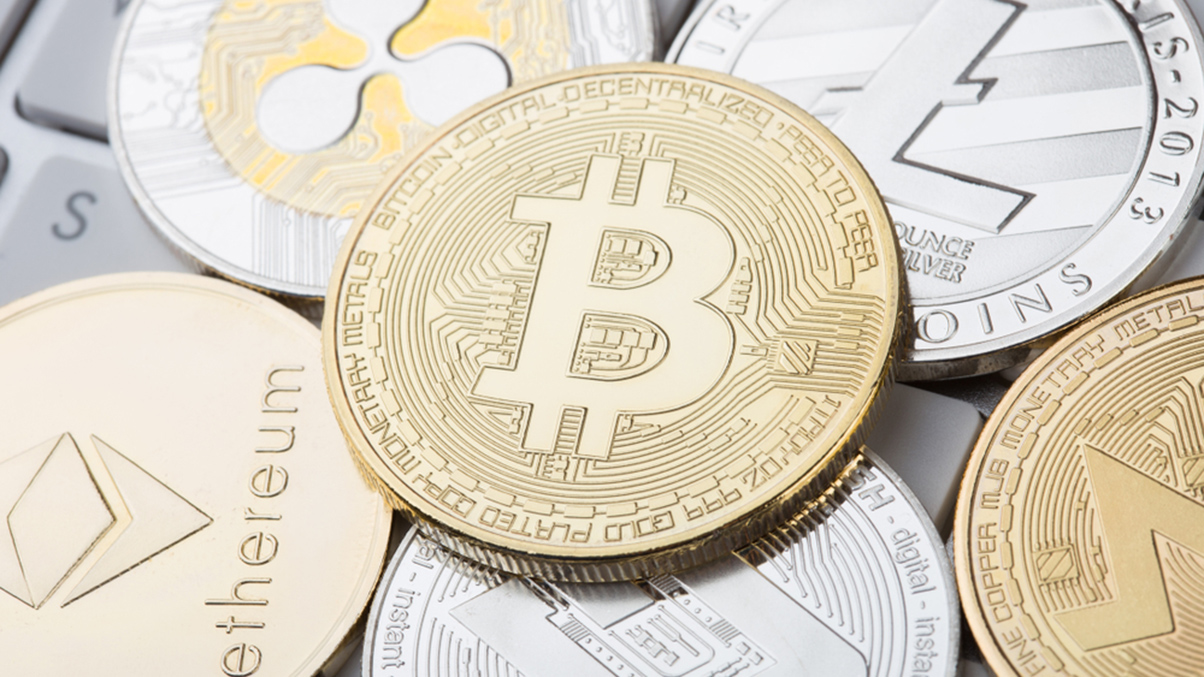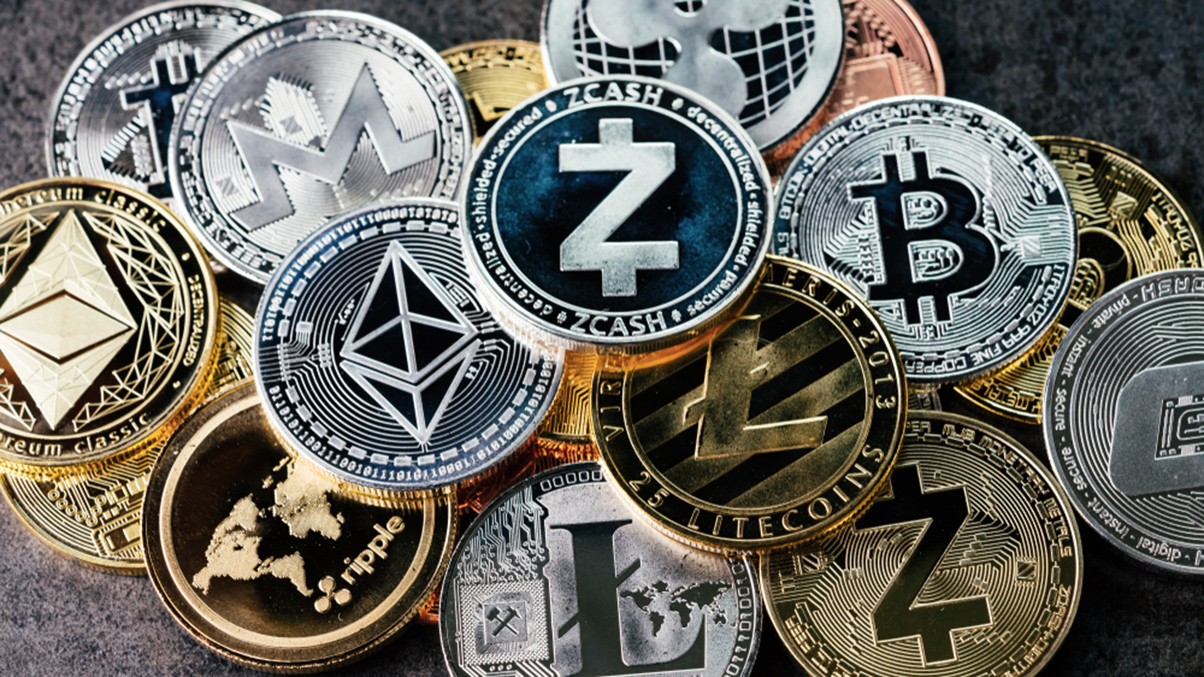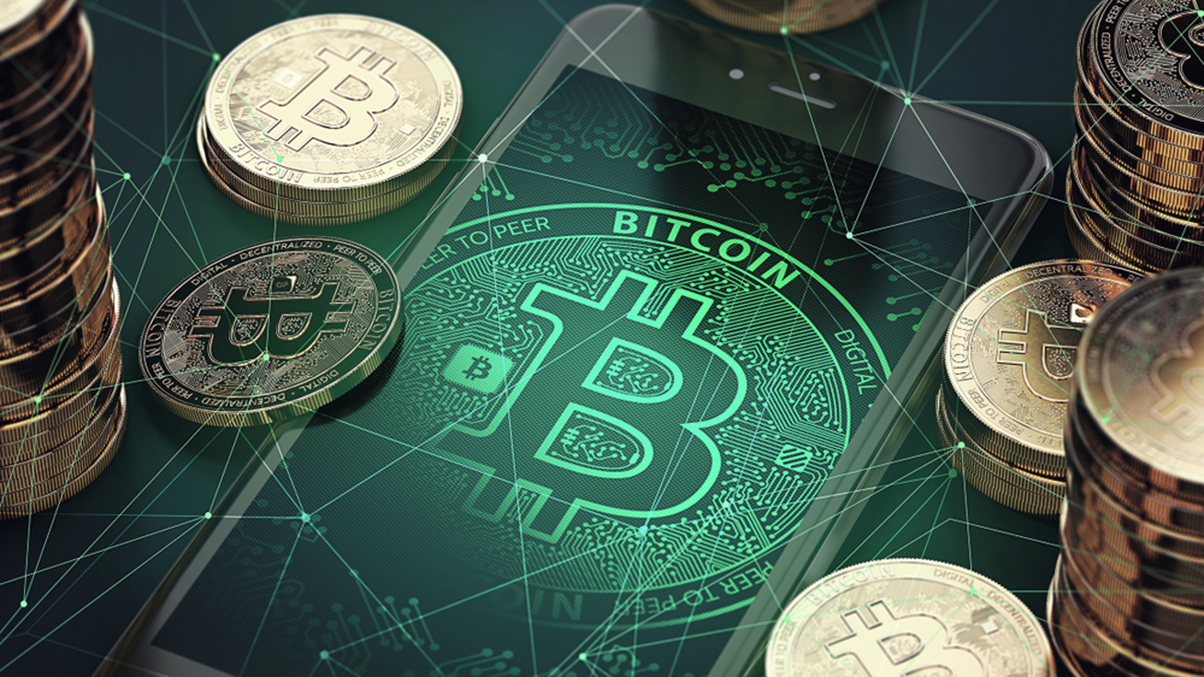The chances are that in January 2009, when the first bitcoin was mined, nobody reading this article had heard of bitcoin, crypto-currencies, blockchain or smart contracts. Less than a decade later in late 2018, the World Bank raised $110m by selling a ‘blockchain-operated debt instrument’. This instrument runs on a private version of the Ethereum blockchain, which creates, allocates, transfers and manages the bond to maturity using distributed ledger technology. Marc Jones discusses the implications of crypto-assets for the litigation sphere.
In November 2019, in a speech to a packed Guildhall at the launch of the groundbreaking ‘Legal Statement on Crypto-assets and Smart Contracts’, Sir Geoffrey Vos, the Chancellor of the High Court, noted: ‘There is an endless spectrum of types of crypto-asset and crypto-currencies, many of which already are or certainly will be designed for use as wholesale and retail payment mechanisms. They will be what one might call investment grade.’ Sir Geoffrey went on to identify the objective of the legal statement as being ‘to provide much needed market confidence and a degree of legal certainty as regards English common law in an area that is critical to the successful development and use of crypto-assets and smart contracts in the global financial services industry and beyond’.
A month after that announcement, the Central Bank of China issued $2.8bn in bonds using a blockchain issuance system that will handle the administration and tracking of the bonds.
Countless other examples could be given to underline the point that crypto-assets and their underlying technology are no longer a fringe activity. They are already part of the mainstream. The different types of crypto-asset (and more broadly digital assets) are growing rapidly, and the related technology and its applications are advancing at an ever-increasing pace. It is difficult to imagine many areas of law that have not or will not be impacted by these developments. And in every area, the many uncertainties and unanswered questions that surround this new asset class and underlying technology will inevitably give rise to disputes. To give just a few examples:
Fraud
Given the nature of crypto-currencies and their rapid and (until recently) largely unregulated growth, it is unsurprising that some of the earliest legal encounters with this new asset class and its underlying technology occurred in the criminal and regulatory arena, which tended to focus on the use to which the crypto-assets were being put. As the FBI complaint against Ross Ulbricht (aka, the Dread Pirate Roberts, the creator and operator of a darknet market website called Silk Road) stated following his arrest in 2013: ‘Bitcoins are not illegal in and of themselves and have known legitimate uses.’
That focus tended to skip over and obscure the question of what bitcoin (and similar crypto-currencies) are ‘in and of themselves’? The first two English cases (both interlocutory decisions) to grapple with the legal fundamentals of crypto-assets both concerned frauds: Robertson v Person Unknown and AA v Persons Unknown. In both cases, the court was prepared to proceed on the basis that bitcoin could constitute legal property and made proprietary asset preservation orders. Significantly, the judge in AA expressly approved the approach taken in the legal statement. But both cases arguably tell litigators more about the problems that lie in store for future cases than they do about the solutions.
In both cases, the claimants failed to get standard freezing orders against ‘persons unknown’. The anonymity/pseudonymity that is a standard feature of any crypto-currency proved a stumbling block. In both cases, the highly complex problems presented by questions of jurisdiction and governing law are only hinted at. Yet, given the intangible distributed nature of crypto-currencies, these are inevitably going to present major problems in future fraud disputes.
Neither of these two cases nor the legal statement deal with the remedies that might be afforded to fraud victims. To what extent will legal or equitable defences apply? Perhaps one of the most interesting questions is the extent to which the courts will be asked and prepared to sanction innovative new methods to secure crypto-assets? The problem with any asset held on a permissionless blockchain (like the bitcoin blockchain) is that there is no intermediary (eg, bank) to injunct to ensure the assets are not moved once frozen. It is easy to follow bitcoin on the blockchain; it is far more difficult to identify the holder. The fraud arena is likely to remain (the most) fertile ground for disputes raising these fundamental issues.
Insolvency
There have already been some significant and high-profile collapses of crypto-currency exchanges. Mt Gox was the first. More recently, creditors of crypto-currency exchanges Quadriga and Cryptopia lost hundreds of millions as a result of hacks. Depositors of crypto-currencies at Cryptopia recently won an important victory in which the New Zealand High Court held that the crypto-currencies were property held on trust for the depositors, and were not available for distribution to unsecured creditors generally. These failures raise difficult issues both of the nature of the crypto-currencies involved and how the exchange held them (eg, on trust?). The answers given in one jurisdiction may not correspond with those given in another. The potential for conflicts in cross-border insolvencies is real. And as the adoption of and global value of digital assets continues to increase, as more exchanges are established, and as more corporates diversify their holdings into digital-assets, so the attendant legal uncertainties and complications become more likely to arise as disputes in any insolvency situation.
Financial services
As the digital asset class grows in value, the commercial incentives will increase for more players to enter the market. This, in turn, will drive innovation in and diversification of products, which, in turn, will result in successes as well as failures and losses. When the losses and stakes are high enough, those failures will result in litigation, whether civil, regulatory or criminal. At the consumer end, the current concern is that crypto-currencies are (presently) simply too complex and volatile to be suitable for retail investors. The Financial Conduct Authority has recommended banning the sale of derivatives based on crypto-currencies to retail customers. Even so, the prospect of actions for the mis-selling of crypto-investments does not seem unlikely.
A key issue for wholesale and retail investors alike will be disintermediation. That is, the elimination of the central counterparty, eg, the bank. The whole point of any smart contract is to remove the central counterparty. Doing so is supposed to reduce cost and remove the possibility of that party making a mistake or acting in bad faith. But what if something goes wrong with a smart contract? Who is liable? And how do you recover funds (in the form of crypto-assets) if they are held by a smart contract on a blockchain? The CFTC in the US has suggested that in some cases developers should be liable. But absent statutory intervention, that conclusion is bound to be fiercely resisted by stakeholders.
And throw into the mix the type of dispute that arose in the Quoine case: a trade was executed at 250 times the market value of bitcoin because of an error in Quoine’s trading platform. Quoine manually reversed it on the basis of fundamental mistake. The court disagreed. There was no unilateral mistake to void the contract. More than half the world’s equity trading is now automated and the extent to which, if at all, deterministic, autonomous and probabilistic algorithms can make mistakes recognised as such at law is inevitably going to come before the courts.
International trusts
It is perhaps only a matter of time before digital assets routinely form a part of many estates and trust structures. In B2C2 Ltd v Quoine Pte Ltd, International Judge Simon Thorley, sitting in the Singapore International Commercial Court, held that both bitcoin and Ethereum were legal property and could be the object of a trust, and that is almost certainly the view that will be taken as and when the issue reaches an English court. But not all digital assets are alike. In international trust arrangements, the inherently international (ie, placeless) character of a crypto-currency will inevitably present difficult issues over jurisdiction and governing law. Will this give rise to disputes to claims against advisers who get it wrong? And what will be the tax consequences? (The tax treatment of digital assets internationally is itself a complex and developing area that is bound to give rise to litigation.)
Divorce
In the divorce context, there have been some high-profile cases in recent years concerning wives’ attempts to find and seize the assets of their recalcitrant former husbands. As the only necessary evidence of a crypto-currency holding is the existence of a private key, it would not be surprising to see a growth in attempts to conceal wealth from the divorce courts using crypto-assets. As in the fraud context, divorce lawyers are going to have to get to grips with the legal challenges crypto-assets present and the tools available to find and seize such assets.
We are only at the start of getting to grips with what these new technologies mean for our existing legal frameworks of liability and the available remedies. The above gives only the briefest snapshot of the wide range of legal issues and potential disputes that may arise. Given the speed with which a technology and asset class that did not even exist just over a decade ago has developed, predictions are inevitably risky. But it does not seem far-fetched at all to say that litigators, whatever their particular field of expertise, are going to have to get to grips with the fundamentals of crypto-assets and smart contracts and expect to see many more disputes involving them.
You can find further information regarding our expertise, experience and team on our Cybersecurity and Incident Response and Commercial Litigation pages.
If you require assistance from our team, please contact us or alternatively request a call back from one of our lawyers by submitting this form.
Subscribe – In order to receive our news straight to your inbox, subscribe here. Our newsletters are sent no more than once a month.





